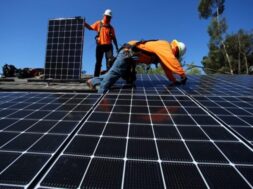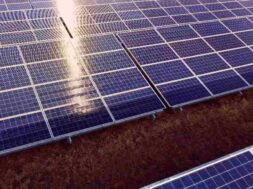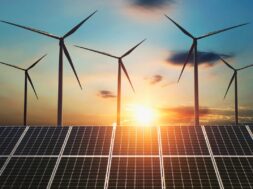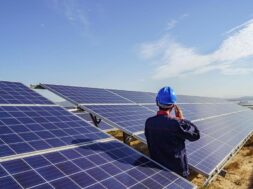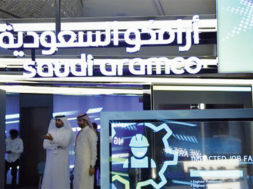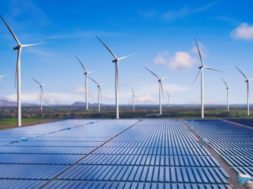
In Short : Arab nations double their contributions to solar photovoltaics research, according to a UNESCO report. This increase indicates a growing commitment to advancing solar energy technologies and addressing sustainability challenges in the region.
In Detail : Arab nations in the Middle East and North Africa have made significant strides in renewable energy research, particularly solar photovoltaics, between 2012 and 2019, according to UNESCO’s ‘Science Report 2021’. The region has doubled its scientific output in this field, increasing its global share of academic articles on solar photovoltaics from 4.6% to nearly 8%. This growth marks a significant contribution from the Arab region, surpassing expectations based on its proportion of the global population.
Saudi Arabia Leading the Solar Revolution
Saudi Arabia stands at the forefront of this solar revolution, leading the Arab nations in scientific publications on solar energy. Algeria, Egypt, Morocco, and Iraq have also made notable contributions. However, when considering population size, Qatar takes the crown for the highest intensity of scientific output on solar photovoltaics, followed by Saudi Arabia, Tunisia, the United Arab Emirates, and Jordan.
Investment in Research Remains Low Despite Growth
Despite the surge in research output, the majority of Arab countries continue to invest less than 1% of their Gross Domestic Product (GDP) in research. Egypt and the United Arab Emirates are the exceptions, with Egypt increasing its research expenditure from 0.53% to 0.96% of GDP, and the UAE from 0.49% to 1.5% of GDP within the last decade.
Renewable Energy: A Tool for Climate Resilience
The Middle East and North Africa region faces critical challenges due to climate change, including rising temperatures, water scarcity, and desertification. By ramping up investments in clean energy, these nations can bolster their resilience against such adverse effects. Solar power emerges as a potent weapon to combat greenhouse gas emissions and address water scarcity. Clean energy investments also enhance energy security, promote economic diversification, and position the region as a leader in global sustainability efforts.
Future Prospects and Initiatives
Initiatives such as the NEOM project in Saudi Arabia, which aims to build a city powered solely by wind and solar power, are indicative of the region’s commitment to renewable energy. Furthermore, collaborations like that between Saudi Arabian Mining Company (Ma’aden) and GlassPoint to build the world’s largest industrial solar thermal project are significant steps towards a sustainable future. Such initiatives not only reduce carbon emissions but also pave the way for advancements in renewable energy technology and their application.


